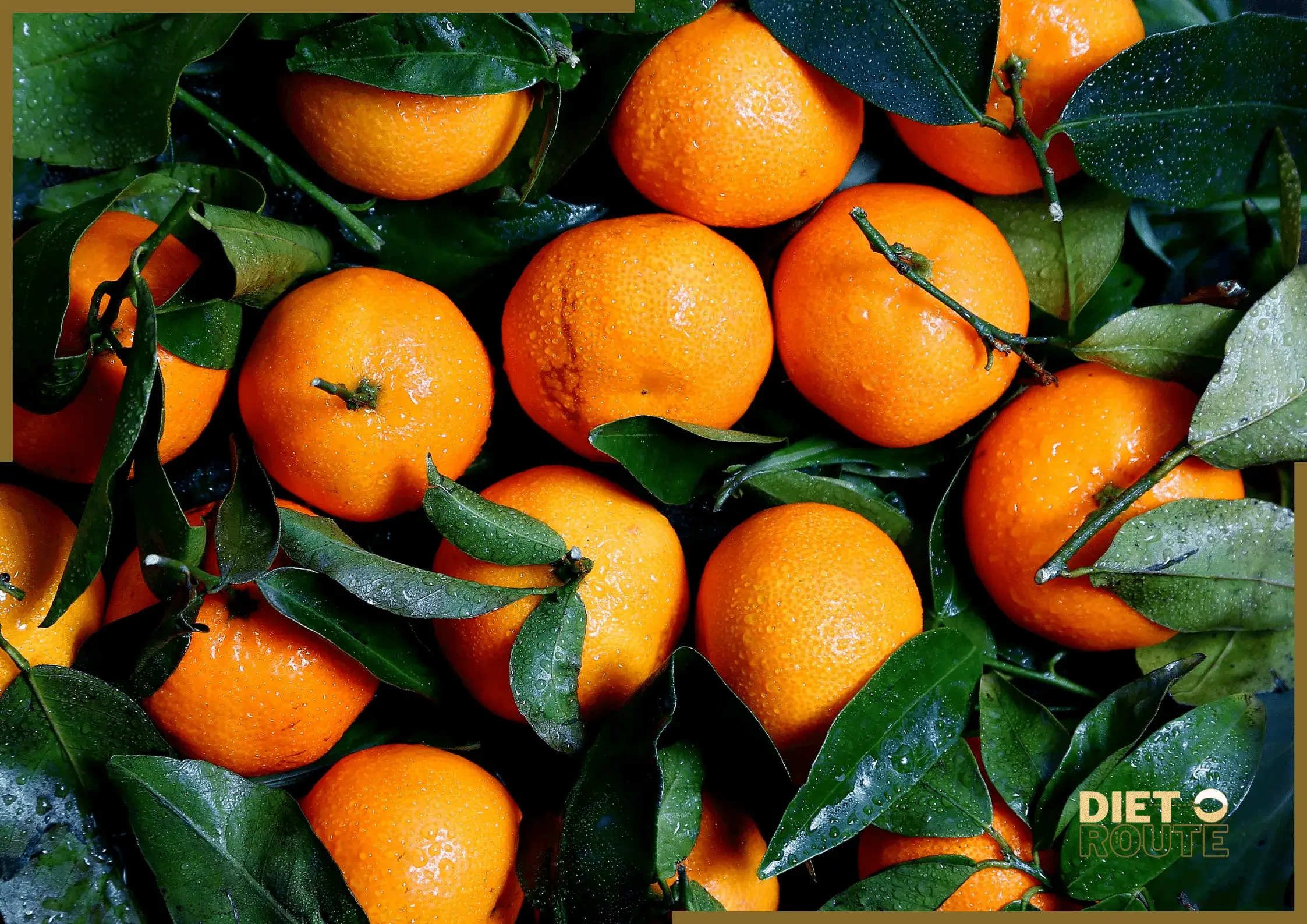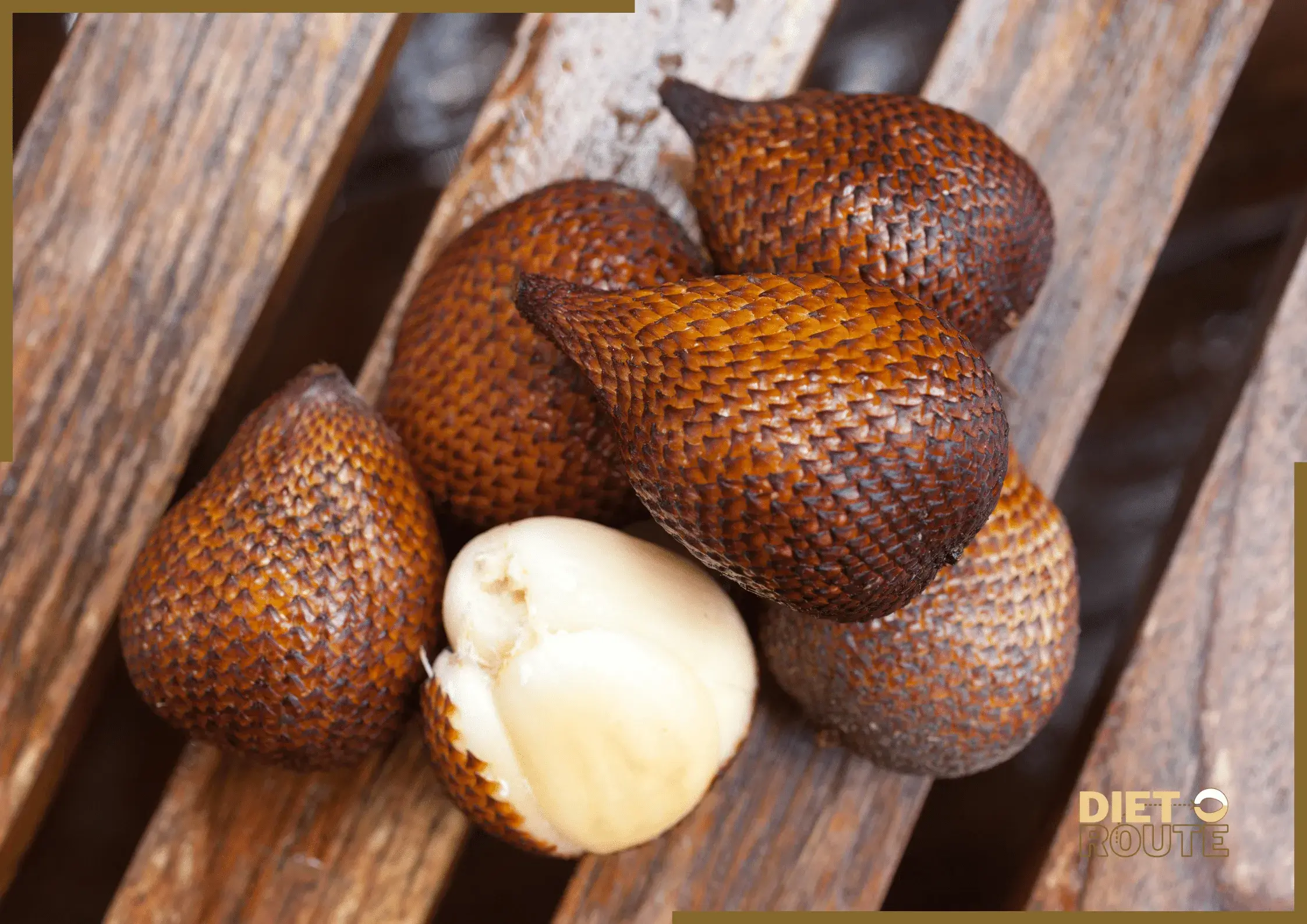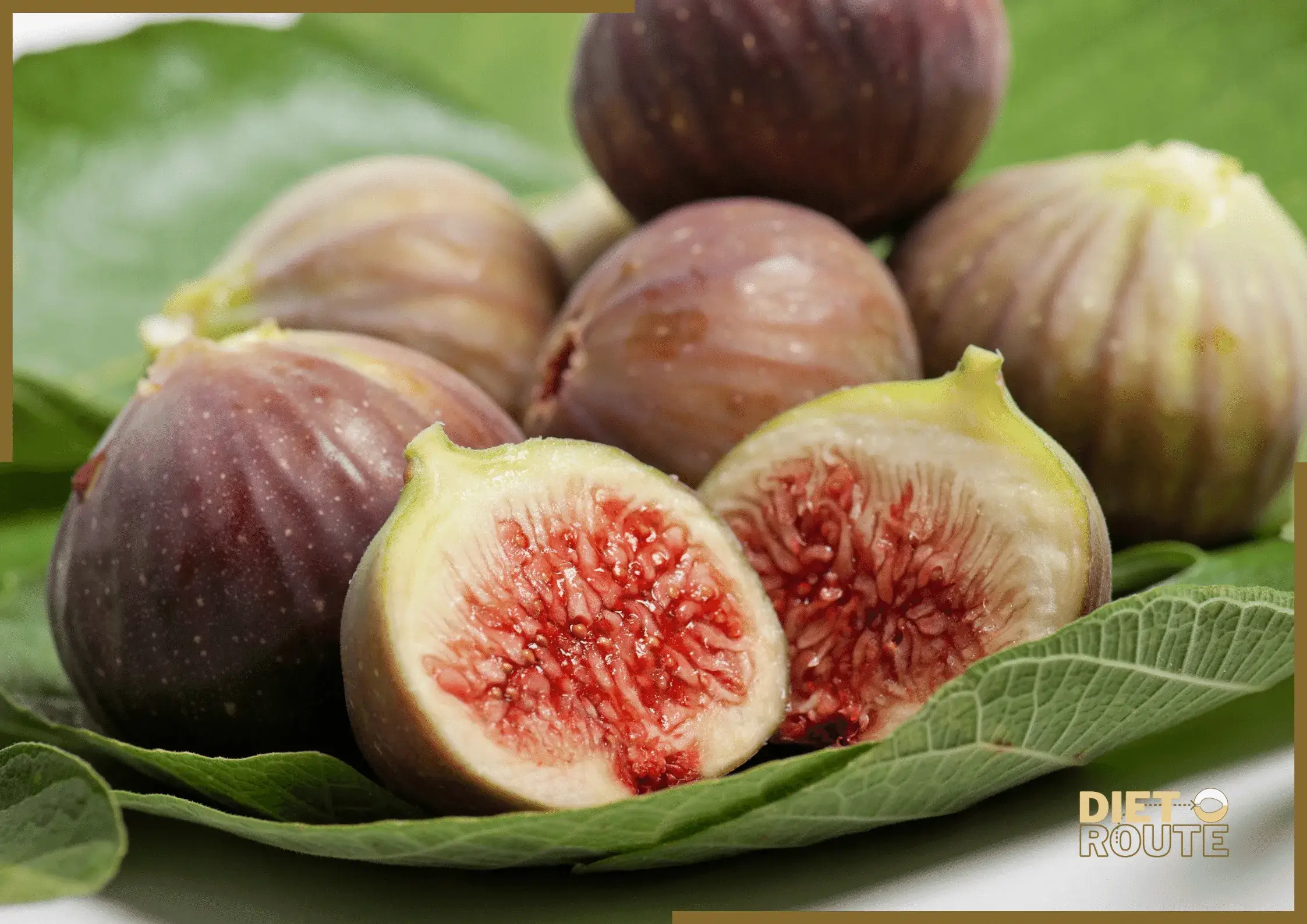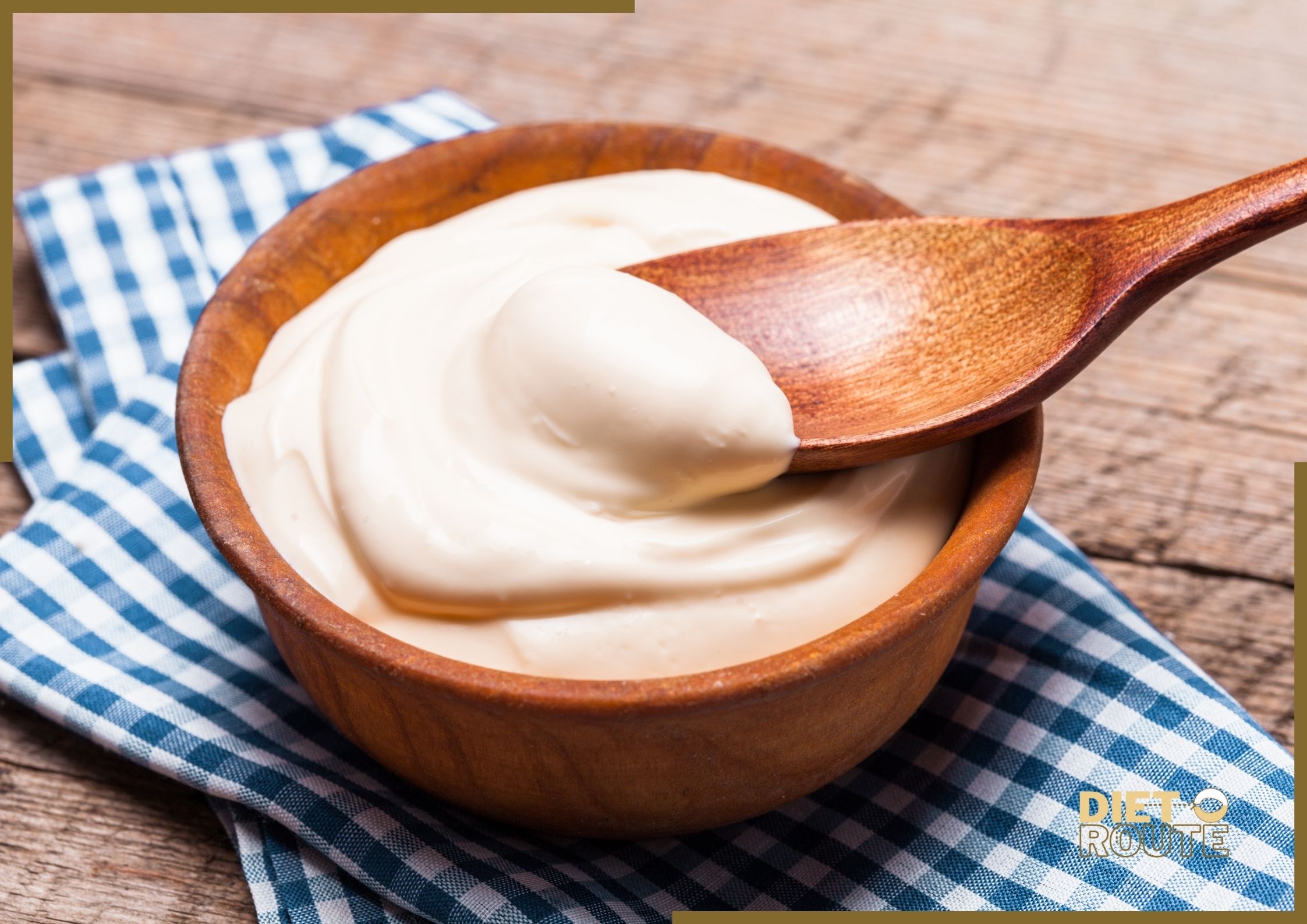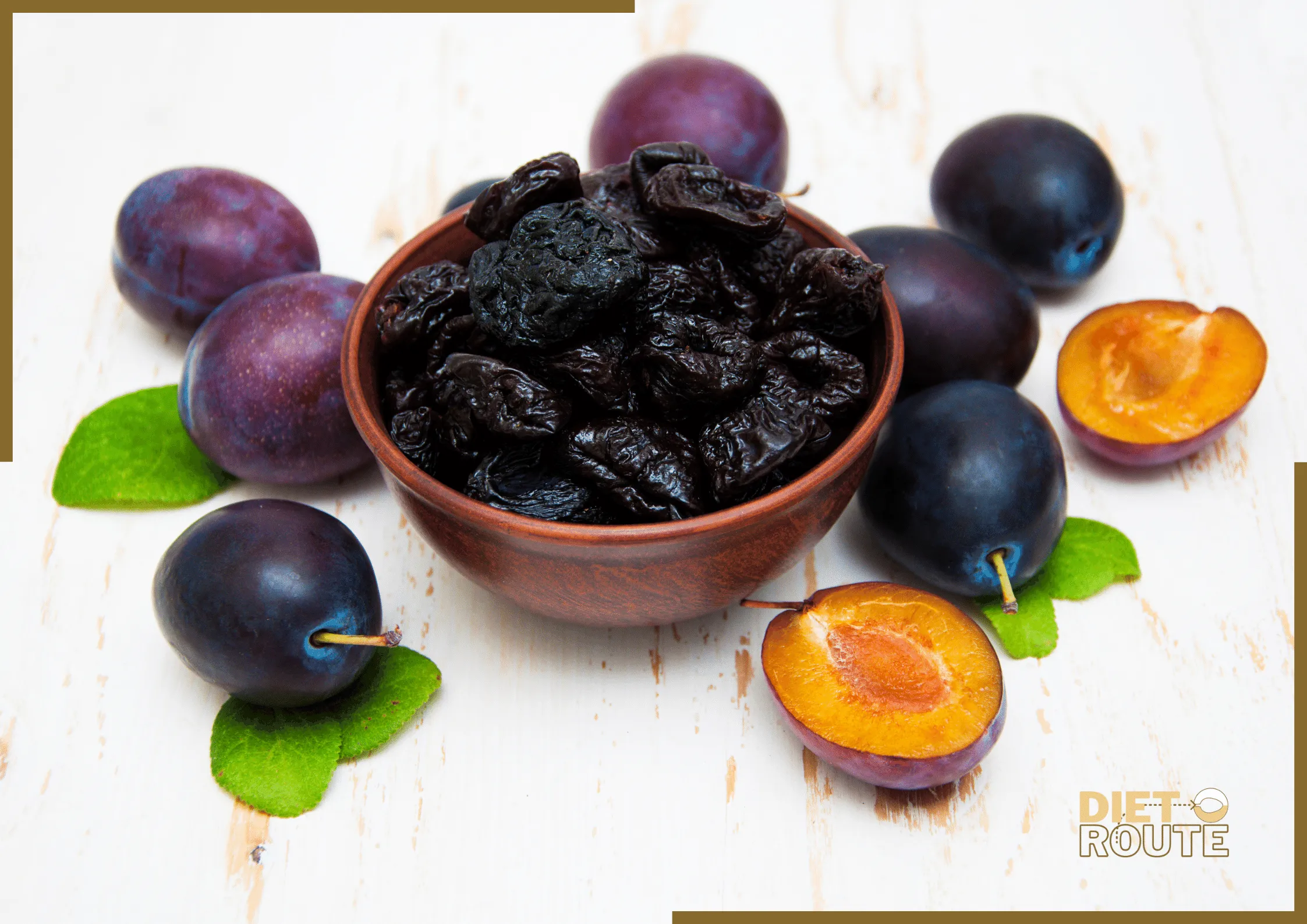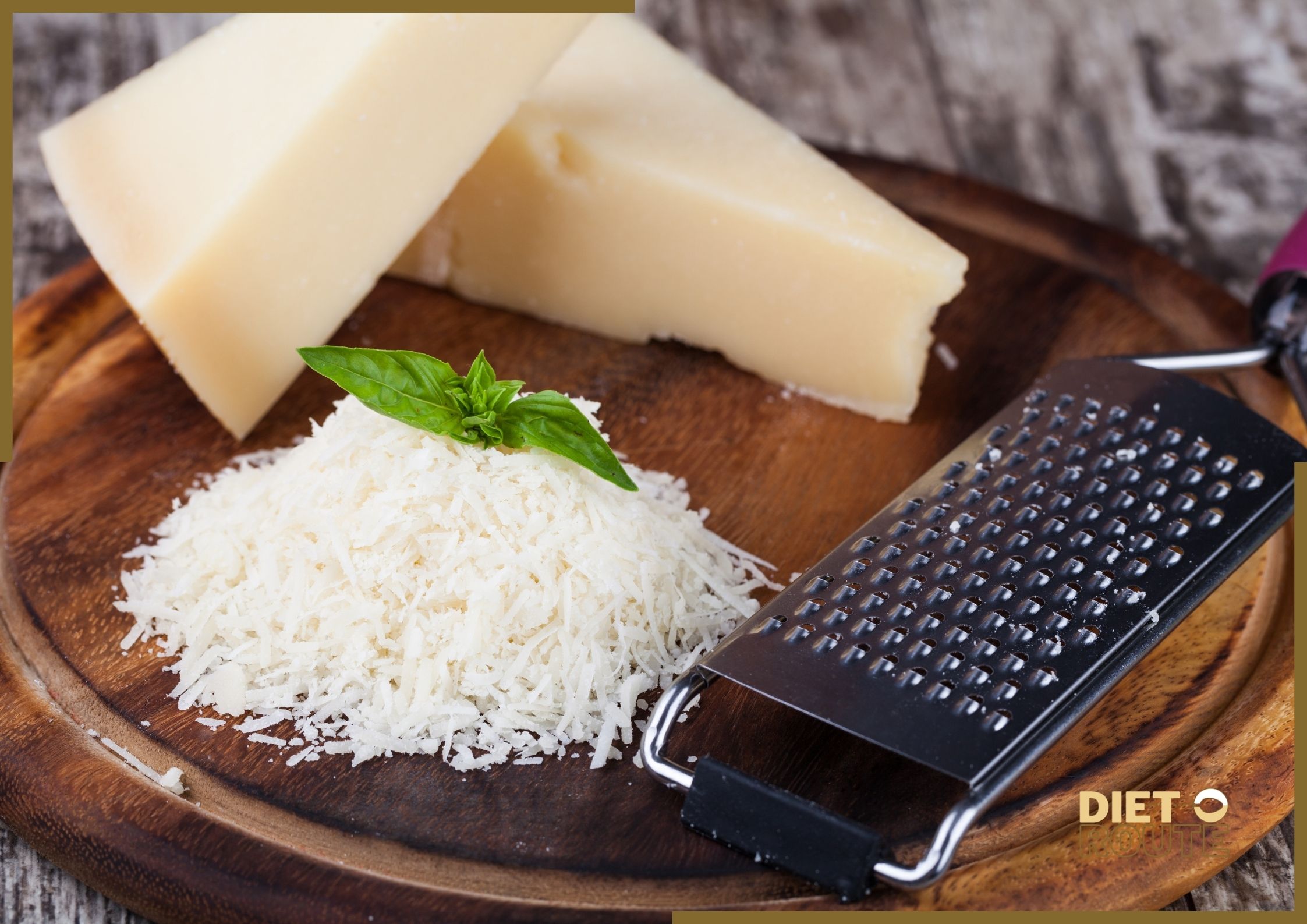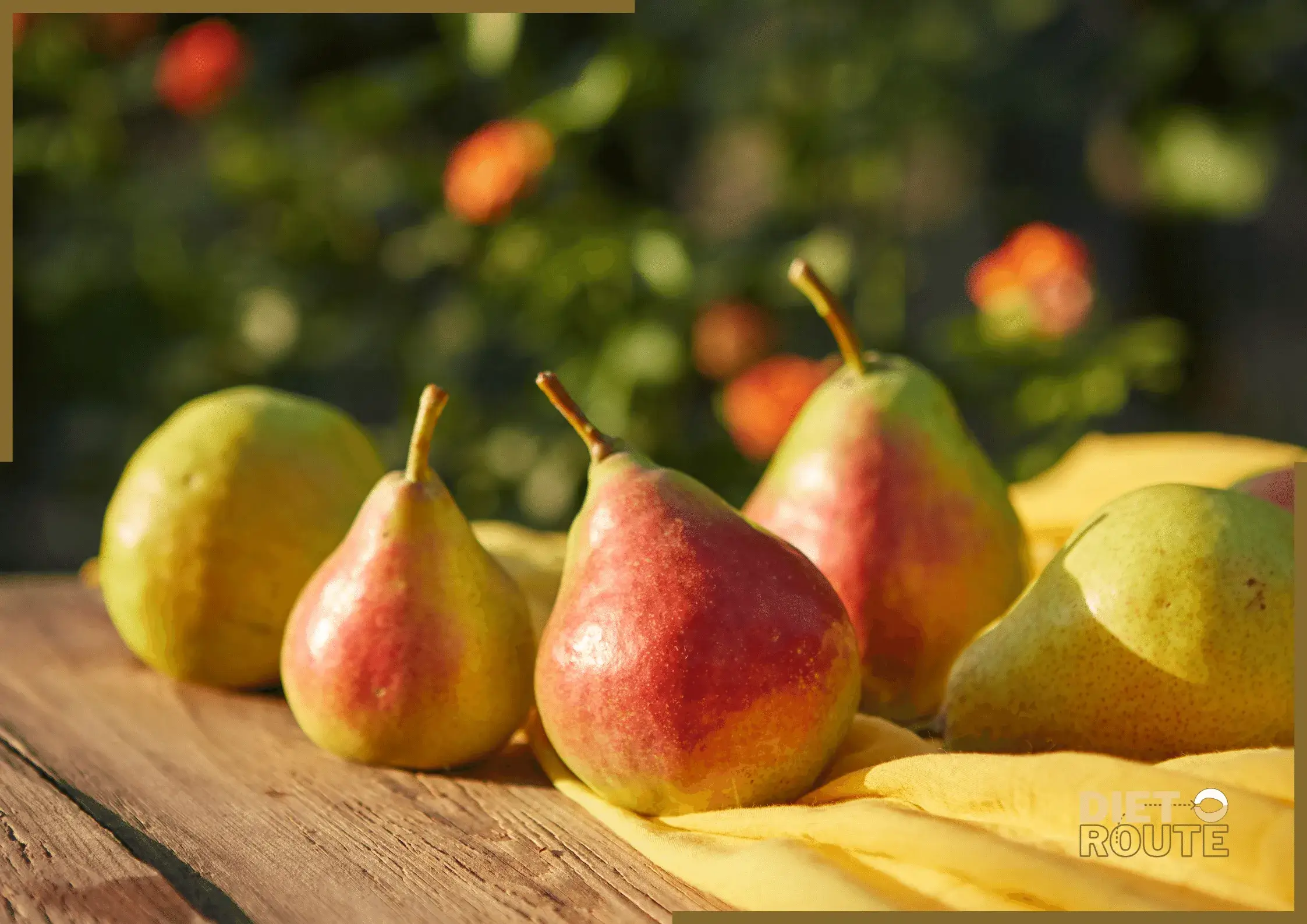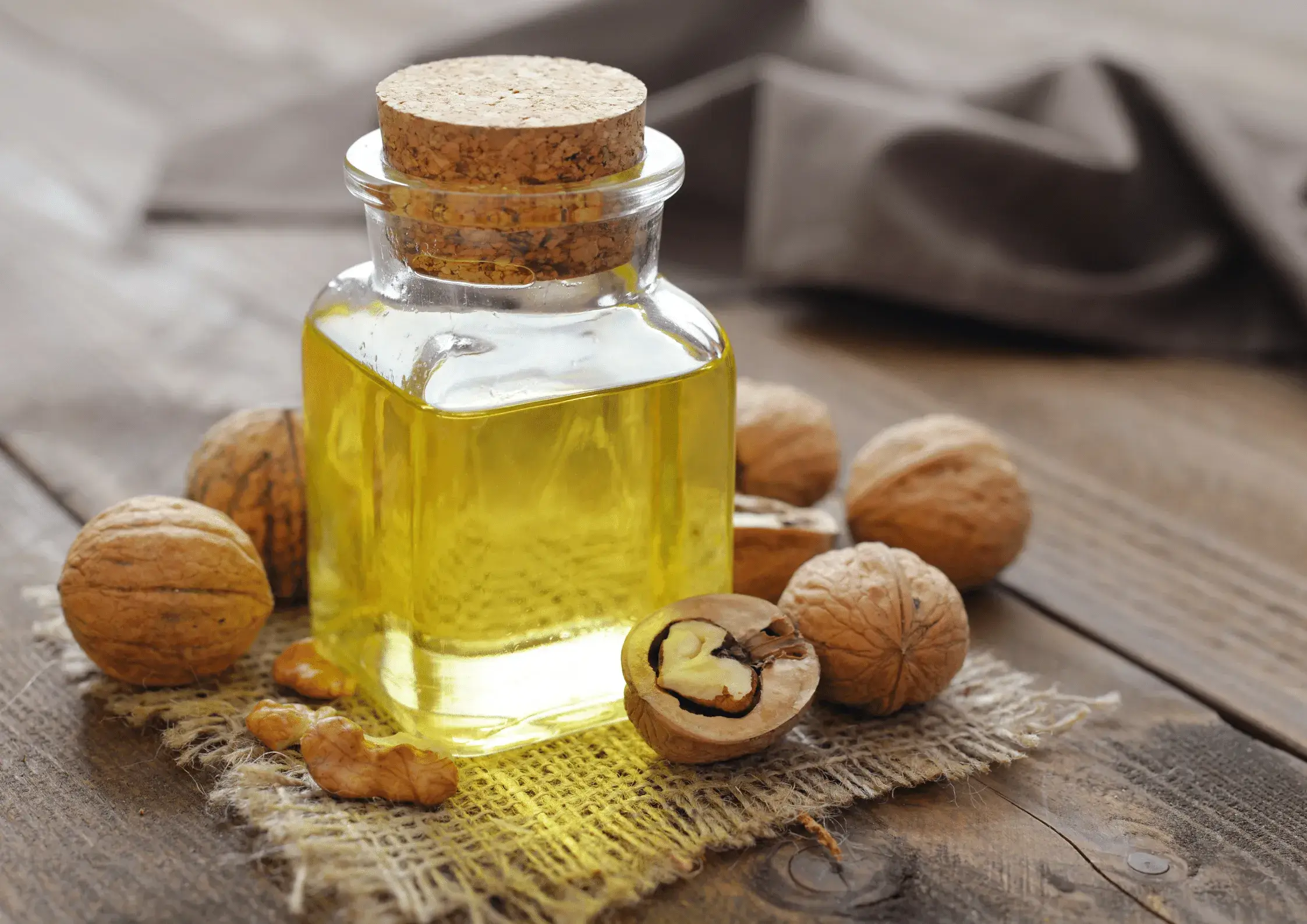Introduction
Oranges are a popular citrus fruit known for their refreshing taste and high vitamin C content. This article examines the nutritional benefits in tabular form, including percent daily intake (%DV). We also discuss the pros and cons and answer 10 frequently asked questions (FAQs). Let’s dig deeper into the nutritional profile and discover their potential benefits and considerations.
Table of Contents
Nutritional Value Approximately 100g
The values provided are approximate can vary depending on the size and ripeness.
| Nutrient | Amount Per 100g | % Daily Value* |
| Calories | 43 kcal | 2% |
| Carbohydrates | 11 g | 4% |
| Fiber | 2.4 g | 9% |
| Sugars | 9 g | – |
| Protein | 0.9 g | 2% |
| Fat | 0.1 g | 0% |
| Vitamin C | 53.2 mg | 59% |
| Folate | 30 µg | 8% |
| Potassium | 181 mg | 4% |
| Calcium | 40 mg | 3% |
*Percent Daily Values (% DV) are based on a 2,000-calorie diet.

Pros
1. Oranges are an excellent source of vitamin C, which supports immune function and acts as an antioxidant to protect against oxidative stress.
2. They contain fiber that aids digestion, promotes satiety and supports a healthy digestive system.
3. They have a high water content, which aids in hydration and helps maintain proper body function.
4. They contain various antioxidants that help protect cells from free radical damage.
Cons
1.The sour taste can make people uncomfortable or worsen symptoms of certain digestive disorders, such as reflux esophagitis and gastritis.
2. Although rare, some people are allergic to it. Discontinue use and consult your doctor if any adverse reactions occur.
Frequently Asked Questions (FAQ)
1. Can oranges help improve skin health?
The high vitamin C content and antioxidant properties promote skin health by supporting collagen production and protecting against oxidative damage.
2. Are oranges good for heart health?
They are rich in flavonoids, which have been associated with cardiovascular benefits, including a reduced risk of heart disease.
3 Can oranges help me lose weight?
Because they are low in calories and high in fiber, they can help you feel full and help you reach your weight management goals.
4 Are oranges safe during pregnancy?
They are generally safe to eat during pregnancy because they provide important nutrients. However, we recommend that you consult your doctor for individual advice.
5. Can Orange interact with certain medications?
They may interact with certain medications, including statins and blood pressure medications. Talk to your doctor if you have any concerns or if you are taking certain medications.
6. Can oranges be included in a diabetic’s diet?
They can be consumed in moderation as part of a balanced diet for diabetics. However, it is important to consider total carbohydrate intake and monitor blood sugar levels.
7.Does orange juice have the same benefits as a whole orange?
Although the juice contains some nutrients, it lacks the fiber found in whole fruit. Eating the whole fruit is usually recommended for maximum health benefits.
8. Are oranges good for eye health?
They contain nutrients such as vitamin C and beta-carotene, which have been linked to supporting eye health and reducing the risk of certain eye diseases.
9. Can oranges boost the immune system?
Vitamin C, which is abundant in this fruit, supports immune system function and increases the body’s defenses against infection and disease.
10. Can oranges be included in a low carb diet?
They contain natural sugars and carbohydrates, so they should be consumed in moderation as part of a low-carb diet. It is important to consider total carbohydrate intake and individual nutritional goal.
In a Nut Shell
Oranges are not only delicious, they are also packed with important nutrients. An excellent source of vitamin C, fiber and other beneficial compounds. Including this fruit in a balanced diet provides many health benefits, including immune support, improved digestion, and hydration. However, if you have certain medical conditions or allergies, talk to your doctor before consuming this fruit. Enjoy this versatile fruit as part of a nutritious meal and experience its refreshing taste and potential health benefits.
